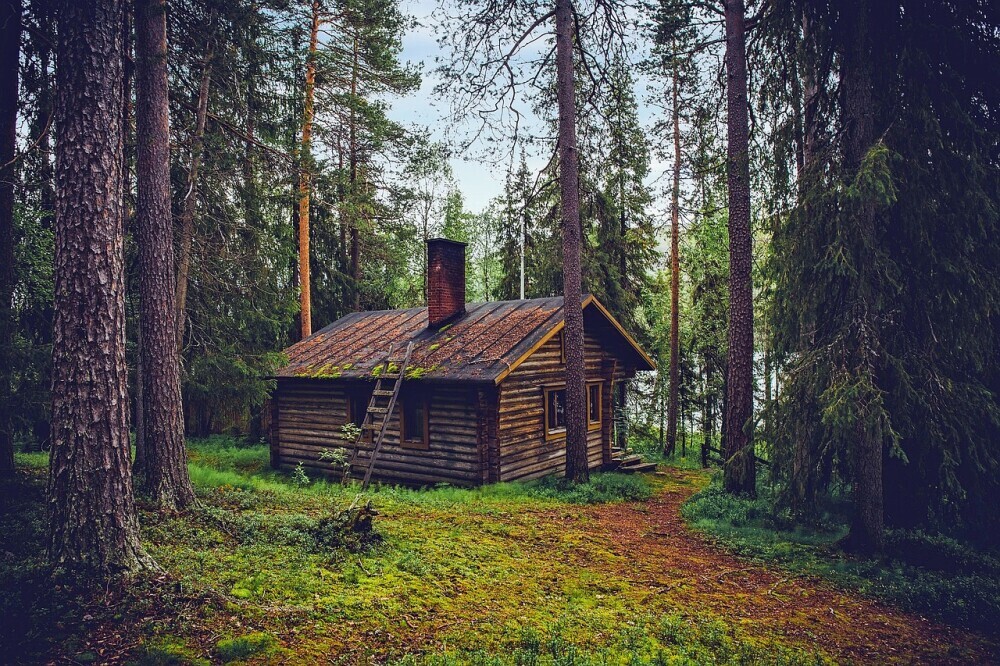
Understanding Zoning Laws for Holiday Homes
Zoning laws play a crucial role in regulating land use and development, including holiday homes. These laws dictate what types of properties can be built in specific areas and how they can be used. Understanding zoning laws is essential for anyone considering investing in or operating a holiday home.
Introduction to Zoning Laws for Holiday Homes
What are zoning laws? Zoning laws are regulations that govern the use of land and structures within a jurisdiction. They dictate the types of buildings that can be constructed, their size, and their permitted uses.
Importance of zoning laws for holiday homes: Zoning laws ensure that holiday homes are compatible with the surrounding neighborhood and community. They help to maintain property values and prevent overcrowding or excessive commercialization.
Overview of local, state, and federal zoning regulations: Zoning regulations can vary significantly depending on the jurisdiction. Local governments typically have the primary authority over zoning laws, but state and federal regulations may also apply in certain cases.
Types of Zoning Classifications for Holiday Homes
Residential zoning: Most holiday homes fall under residential zoning classifications, which typically allow for single-family homes, duplexes, or townhouses.
Commercial zoning: Commercial zoning permits businesses and commercial activities, such as hotels, motels, and vacation rentals.
Mixed-use zoning: Mixed-use zoning allows for a combination of residential and commercial uses in a single area.
Special purpose zoning: Some areas may have specific zoning classifications for holiday homes, such as resort or tourist zones.
Variances and exceptions: In certain cases, it may be possible to obtain a variance or exception from zoning laws to allow for a specific use or development.
Navigating Zoning Laws: A Step-by-Step Guide
Conducting preliminary research: Begin by researching zoning laws in the area where you are considering purchasing or building a holiday home. You can find this information on the local government website or by contacting the zoning department.
Consulting with zoning experts and local authorities: Consult with zoning experts or local officials to get specific guidance on zoning requirements and restrictions.
Applying for permits and licenses: If you plan to build or renovate a holiday home, you will need to obtain necessary permits and licenses from the local authorities.
Understanding and adhering to restrictions: Familiarize yourself with all zoning restrictions, including setbacks, lot sizes, and occupancy limits.
Handling disputes and non-compliance issues: If you encounter any issues or disputes related to zoning laws, consult with an attorney to understand your rights and options.
Future Trends in Zoning and Their Impact on Holiday Homes
Evolving zoning laws in response to tourism growth: As tourism increases, many communities are adjusting their zoning laws to accommodate the demand for holiday homes and related businesses.
Impact of technology and remote work on zoning: The rise of remote work has led to increased interest in vacation rentals and second homes. This trend is likely to influence future zoning regulations.
Environmental considerations in holiday home zoning: Environmental concerns are increasingly being factored into zoning decisions. Sustainable development practices and environmental protection measures are becoming more common.
Community and stakeholder involvement in zoning changes: Zoning changes often involve public input and stakeholder engagement. It’s important to be aware of community concerns and participate in the zoning process.
By understanding zoning laws and navigating the regulatory process, you can ensure that your holiday home investment complies with all legal requirements and maximizes its potential.
If you would like to discuss any aspects of holiday homes, do not hesitate to Call Alan on 07539141257 or 03332241257, or +447539141257 or +443332241257, you can schedule a call with Alan on https://calendly .com/alanje or drop an email to alan@alpusgroup.com.
